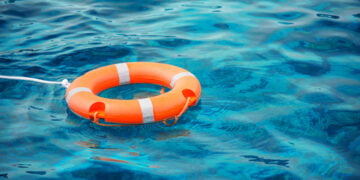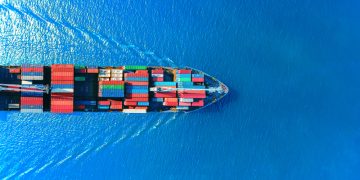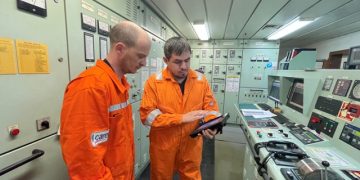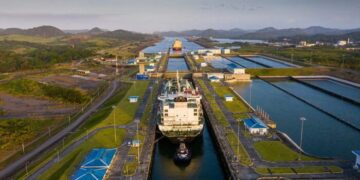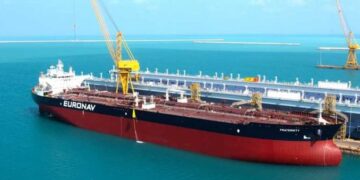NOAA prepares major research expedition to sub-polar regions
Scientists from the National Oceanography Centre are preparing to set sail to sub-polar regions on a very technical and scientific challenge - to measure the currents of the northern North Atlantic Ocean from the surface to the seafloor. They hope to discover the key processes that control heat content and heat transport in the sub-polar gyre, and the local and global effects of those changes. The international Overturning in the Sub-polar North Atlantic Programme (OSNAP) has been four years in the planning. In early June, the fieldwork programme will officially commence when the UK research icebreaker RRS James Clark Ross sails out of Newfoundland in Canada with 26 scientists and technicians on board. The ultimate goal of the project is to bring all their measurements together to calculate the total ocean circulation in the region. Dr Sheldon Bacon from the UK's National Oceanography Centre (NOC) is the principal investigator for UK-OSNAP and has overall responsibility for the project and linking with international partners. Dr Bacon said: "It has taken a huge amount of work, both nationally and internationally, to get OSNAP approved and funded. "It is a major research expedition to high latitudes where, in some locations, icebergs and sea ...
Read more







